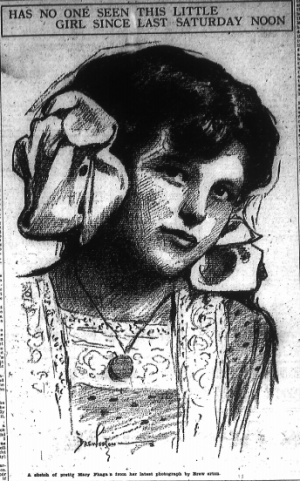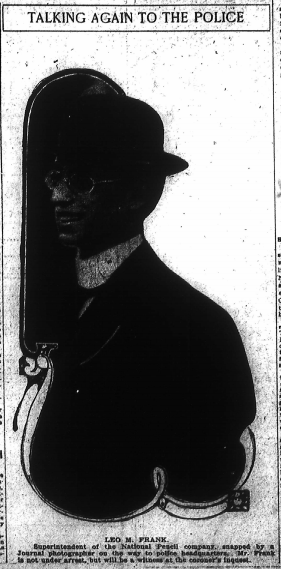Another in our series of new transcriptions of contemporary articles on the Leo Frank case.
Atlanta Constitution
August 19th, 1913
When Mrs. J. G. Wardlaw, a bride of three weeks, who was Miss Lula McDonald, recently worked at the National Pencil factory, was on the stand, Solicitor Hugh Dorsey sought to draw from her the statement that she knew that on the Saturday previous to Mary Phagan’s murder that Leo Frank had carried a little girl out on the Hapeville car line and tried to get her to leave the car with him at various stops.
He also tried to get the witness to say that she knew that on his occasion H. M. Baker and Herndon Stanton, the street car men in charge of the car, had noted the man’s actions.
Mrs. Wardlaw declared she had no knowledge of anything like that and she declared that she had never even heard of any immoral or improper actions on the part of Frank. She was then excused.
* * *




















